Stakeholders in the Nigerian Institution of Estate Surveyors and Valuers have identified inconsistency in asset declaration policy for public officers as cankerworms to the anti-graft war.
The practitioners raised this observation at the 53rd Annual Conference of the Nigerian Institution of Estate Surveyors and Valuers held at the Banquet Hall of Government House Ilorin, on Tuesday.
Presenting a paper, on ‘Asset Valuation As A Global Anti-Corruption Tool: The Nigeria Experience’ 2nd vice-president of the NIESV, Mallam Bature Ali Mohammad, said
Having an effective financial disclosure system in place will help greatly to tackle corruption in Nigeria and Africa as a whole as this will make detection, investigation and prosecution of corrupt public officials easy.
Said “most of Africa’s anti-corruption strategies’ have been proven to be wholly inadequate while noting that importance of an effective financial disclosure system and valuation had been unfortunately downplayed in African countries.
“Of greater concern is that 20 of the African World Bank client countries do not require public officials to disclose their income and assets. This indifference by African States towards corruption necessitates an investigation of the role of assets declaration in the fight against corruption.
“As a tool against corruption, asset declaration plays a dual function. It also plays a preventive function of helping to anticipate and resolve potential conflicts of interest. Moreover, it plays an investigative function by providing valuable information vital to uncovering gross misconduct and illicit enrichment by public officials.
“In most cases, assets declaration illustrates irregularities between the actual assets of the public officials and their salaries. Asset declaration can be achieved adequately through valuation techniques. Therefore, valuation as a tool in addressing corruption is the use of economic and financial analysis to assess the value of a project or asset to help identify and prevent corrupt activities.
“This tool can be used to detect irregularities in pricing and bidding processes, identify misappropriation of funds, identify fraudulent activities, and assess the impact of corruption on economic development. By using valuation techniques, governments, businesses, and other stakeholders can identify and mitigate the risks associated with corruption and improve their decision-making processes.
“A valuation can also be used to assess the financial impact of corrupt activities and to identify potential sources of illegal funds. A valuation can equally be used to identify areas of potential losses due to corrupt activities and to develop strategies to reduce the risk of corruption. In addition, valuation can be used to strengthen the effectiveness of anti-corruption initiatives and monitor their progress.” he said.
Two other renowned property valuers ; Dr Sopon Pornchokchai and Mr. Peter Bolton King, also gave virtual speeches from Thailand and the United Kingdom respectively.
Dr Sopon Pornchokchai, a property valuer and real estate researcher in the ASEAN Region, Africa and South America, emphasized the important role that ombudsmen men play in monitoring and ensuring transparent process, noting that valuation firms should be independent of their clients to ensure that desired objectives are achieved while also emphasizing the need to scrutinize sources of information.
President and Chairman of the Council, Johnbull Amayaevbo, Chairman, of Kwara state chapter, Oyedepo Olalekan, and National Publicity Secretary, Toyin Aluko, were among the dignitaries that attended the event.

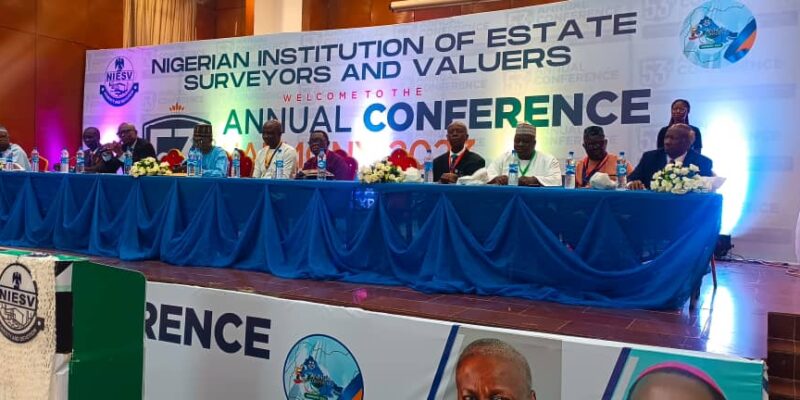

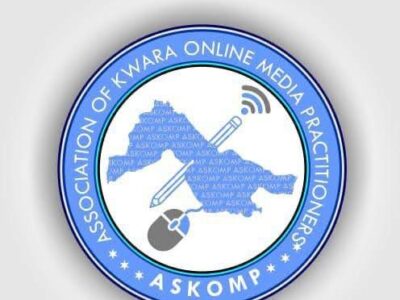
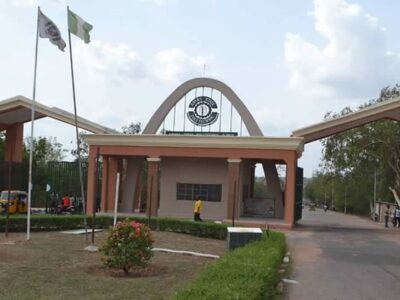


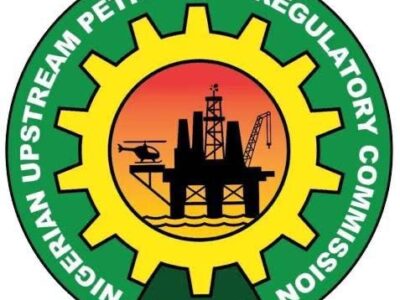
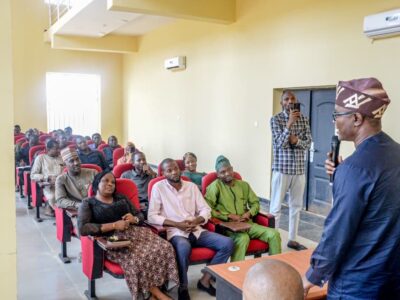

Comments